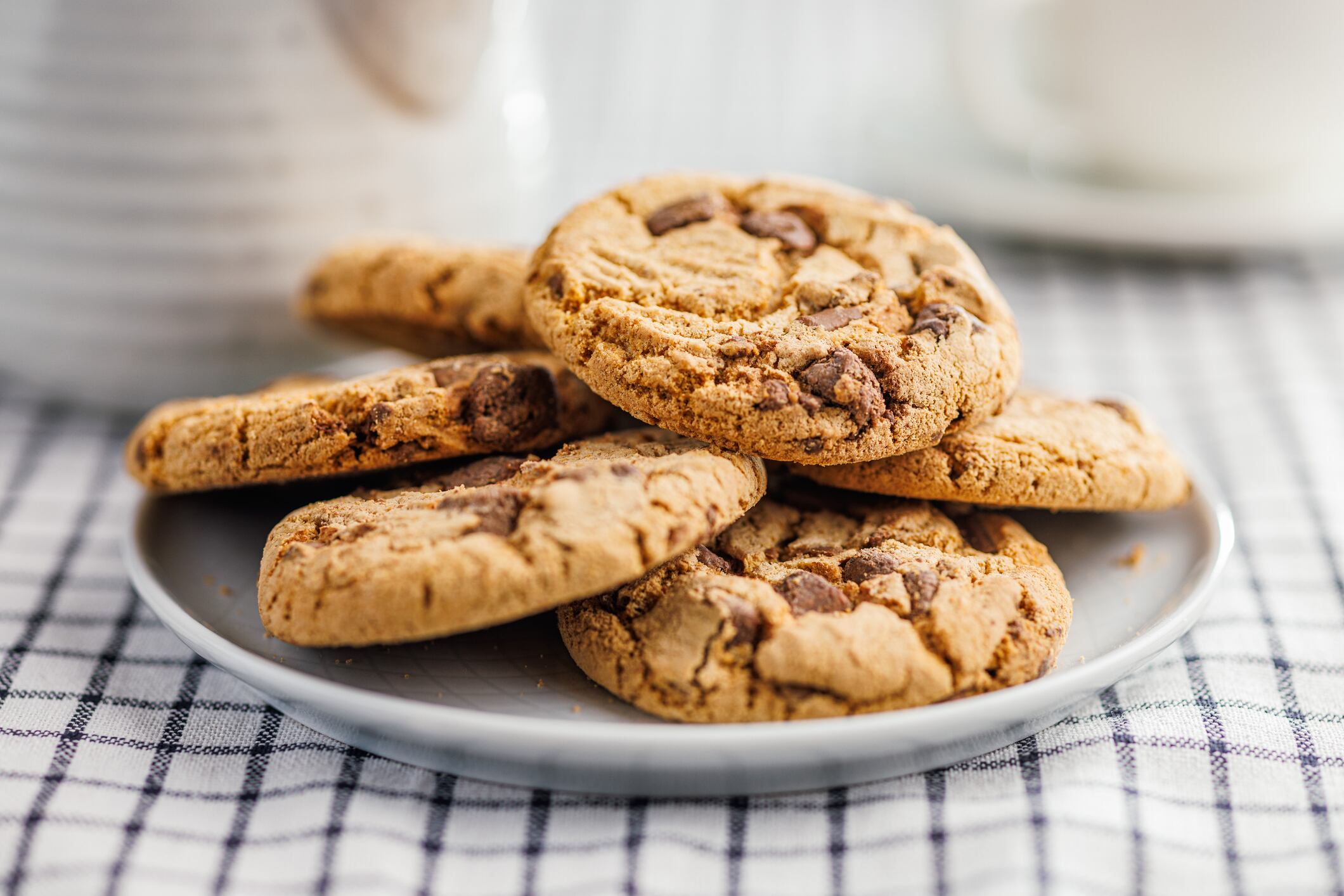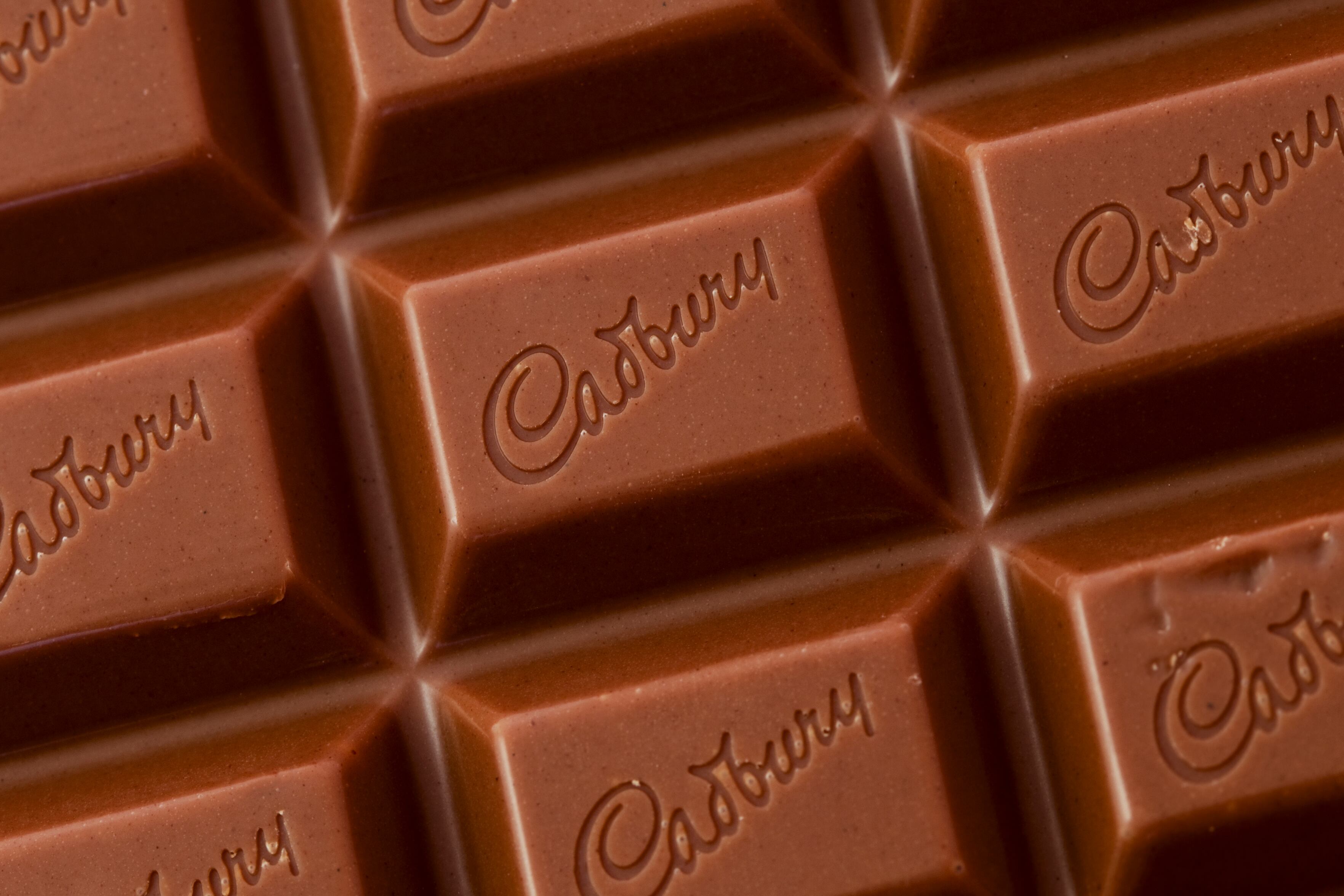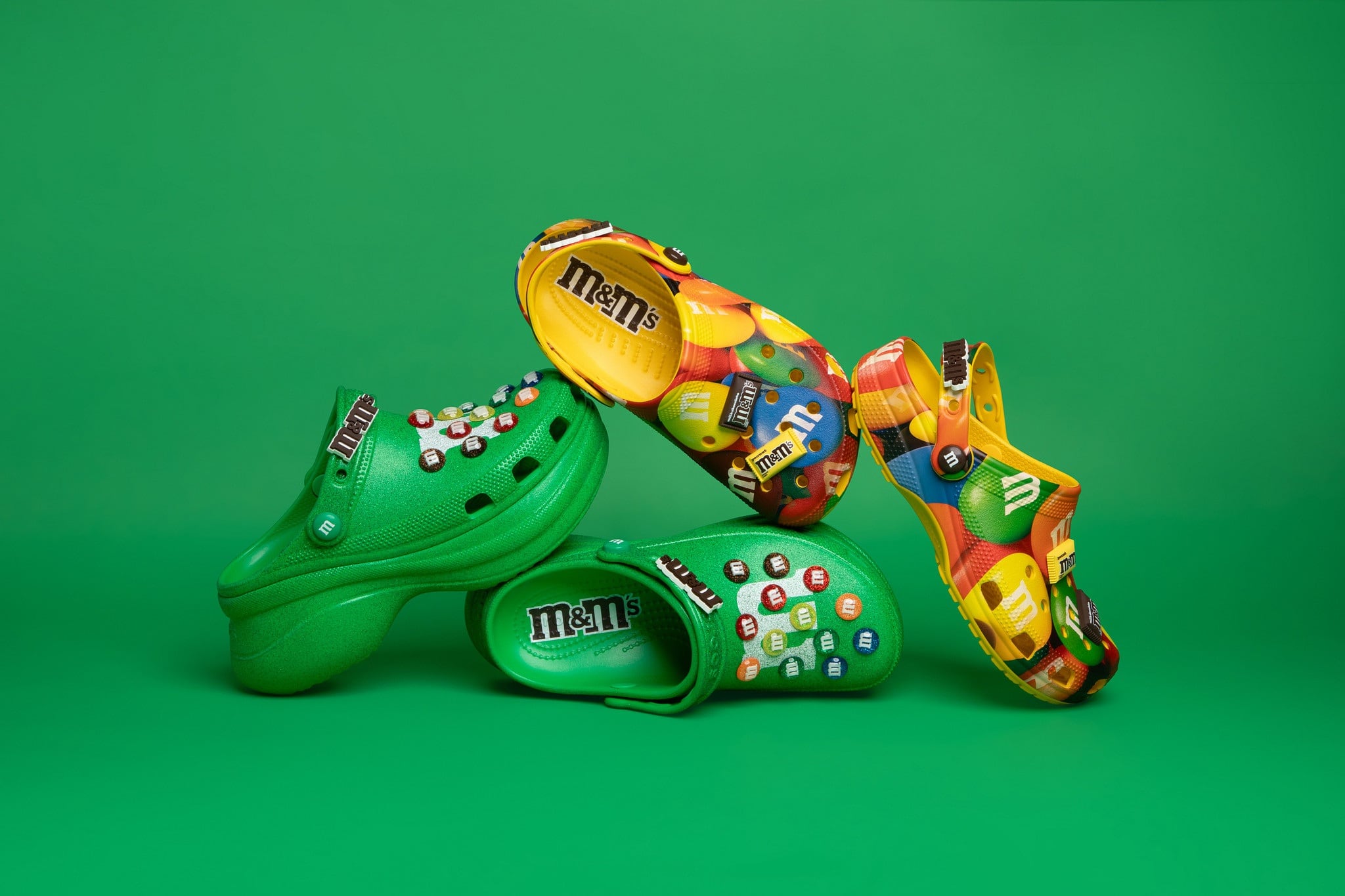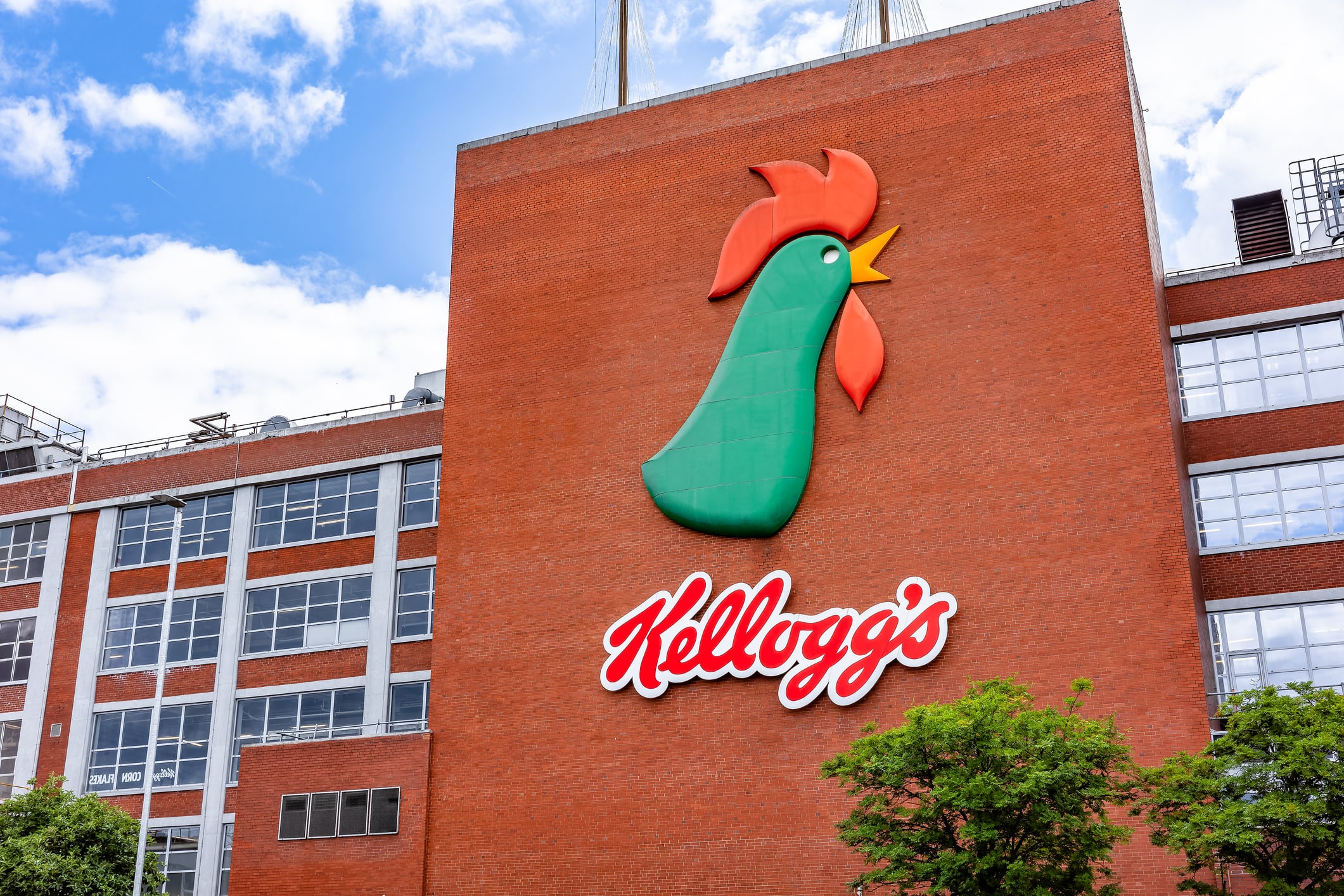The term ‘better-for-you’ is problematic. If a chocolate bar contains mostly sugar, its manufacturer could slash that by half – or shave off just a fraction – and both moves could technically qualify as ‘better for you’. The ambiguity is baked in.
And yet, this fuzzy definition hasn’t stopped brands from chasing the halo effect of health, even as the trend itself begins to lose its shine. A prime example is Mondelēz International-owned Cadbury, which has snapped up cutting-edge tech from healthier doughnut maker Urban Legend.
Despite the killer science behind Urban Legend’s baked goods, the business failed. And it’s not the only one dying in the healthy indulgence space. Low-sugar cookie start-up Jnck Bakery has also gone under, and Cadbury itself has shelved its low sugar Fruitier & Nuttier range.
All this makes Mondelēz’s decision to buy up novel health tech nothing short of bewildering. Is Mondelēz seeing something that no one else can?
So, what’s behind this innovative tech?
Before we go on, let’s quickly gush about Urban Legend’s very cool tech. It’s based on air fryer technology, which CEO Anthony Fletcher explains is responsible for cutting significant amounts of saturated fat. Using novel starch and proteins, the doughnuts are ‘set’ by a beam of steam, rather than the conventional frying method.
This isn’t some homespun bake pulled from the oven with mitts still on. It’s a doughnut from one of retail’s unhealthiest categories – sweet bakery – but with 65% less fat, 30% less sugar and 30% fewer calories than the typical iced-and-filled branded rivals (we’re all thinking of a certain glazed giant), and that’s impressive.

So where did Urban Legend come unstuck? It was backed by Mondelēz and had a wide presence through to its own bricks-and-mortar stores as well as expansion into UK national retailers. When this author taste tested a doughnut (strictly for research purposes), she thought it was pretty good for a doughnut, and absolutely excellent for one with low enough salt, sugar and fat to meet HFSS laws.
But in a category like sweet bakery, where indulgence trumps all, is ‘pretty good’ just not good enough?
Why better-for-you is losing its shine
That’s certainly the feeling we’re getting.
When consumers want indulgent treats, they want indulgence: rich mouthfeel, the ‘naughty’ sensation of a proper treat. A better-for-you doughnut will always be compared to a full fat, full sugar, full everything doughnut – and even with the most snazzy tech around, will struggle to match on indulgence.

Consumer sentiment around ultra-processed foods (UPFs) won’t be helping. We know that most shoppers don’t understand what UPFs are, but equally many say they’re looking to avoid them in their diets. And the latest research out of The Lancet suggests there’s reason to be concerned. The ultra-processed diet has been linked to organ damage and an increase in chronic illness.
Anything sugar-reduced, low fat or salt, comes under the UPF umbrella. And Urban Legend’s beam-set doughnuts are no different. Amid the UPF backlash, we’re expecting newfound demand for bakery-baked goods. No sweetener-enriched glaze, no complex manufacturing process that consumers don’t understand. We suspect if money were no object, consumers would be asking for those homespun baked goods, oven mitts and all.
What Mondelēz will do with Urban Legend’s tech
So then we come to the question we’ve been asking all along. If the better-for-you trend is fading, what is Cadbury doing buying Urban Legend’s better-for-you tech?
With no word from Mondelēz, we put the question out to colleagues.
One suggests it’s a strategic move, an acknowledgement that this technology is truly cutting-edge. And although Mondelēz may never end up using it, it can now be assured none of its competitors will. Strategic suppression through IP, patents, and acquisitions is absolutely part of the competitive landscape. With tight margins in food, it’s usually a move reserved only to those with big enough pockets. Mondelēz fits the bill.

But the overall consensus is that Mondelēz sees real growth potential in snacks. Whether they’re better-for-you versions or not, snacks are now the focus of confectionery giants. Just look at Mars, Inc. and Ferrero, both big players buying up big snacks portfolios.
This year, the global snacks market is expected to reach $246bn (€211bn), with forecasts projecting it will hit $922bn by 2030 (Statista). There’s real growth in snacks, and the confectionery majors know it.
Our bet? Mondelēz will leverage Urban Legend’s health-focused technology to push this agenda forward.
We can only speculate on the kind of snack innovation air fryer tech could facilitate, but we’re expecting products designed to avoid direct comparison with full-fat, sugar-heavy counterparts – or to target health-conscious consumers with specific nutritional needs. Think bite-sized, high-protein doughnuts for GLP-1 users or premium air-fried mini cakes.
If snacks are the future, then any technology that advances that goal is worth having.





